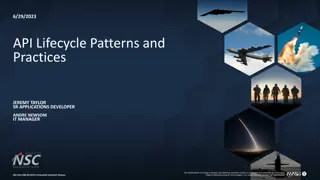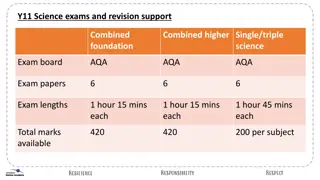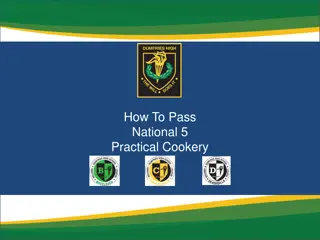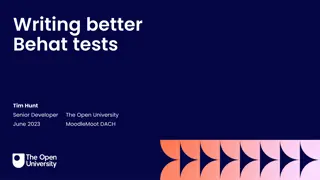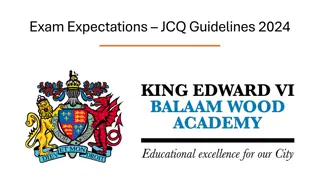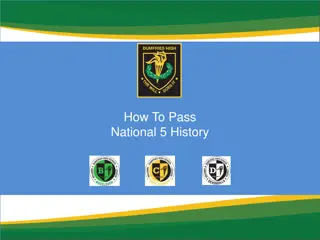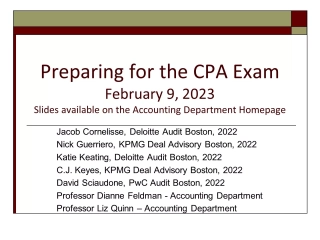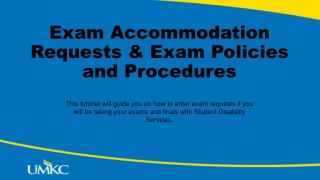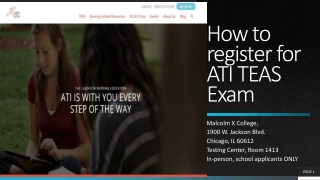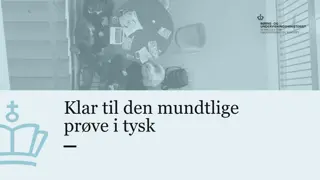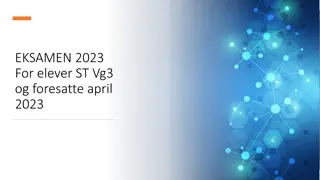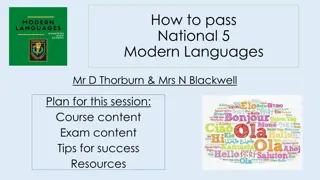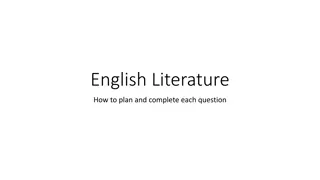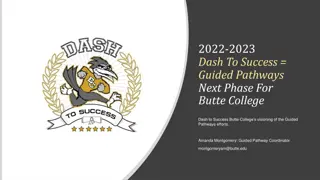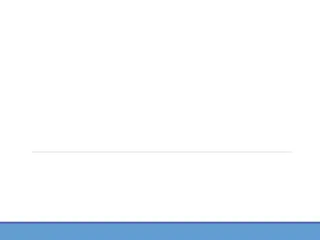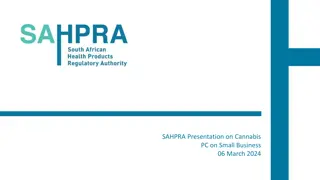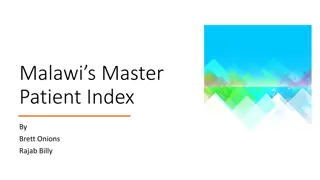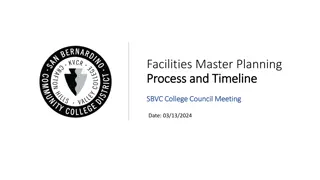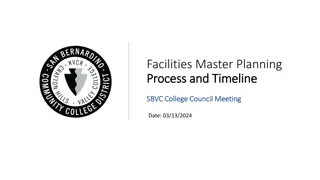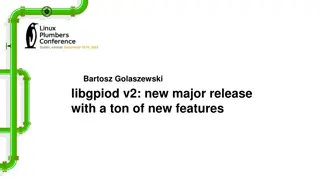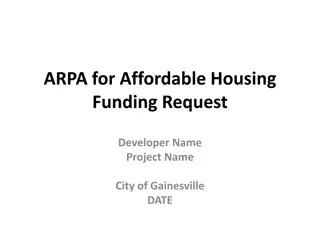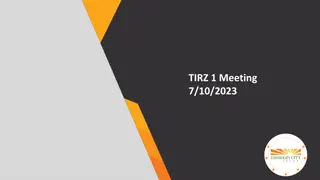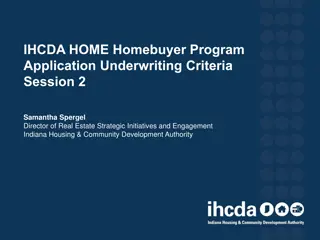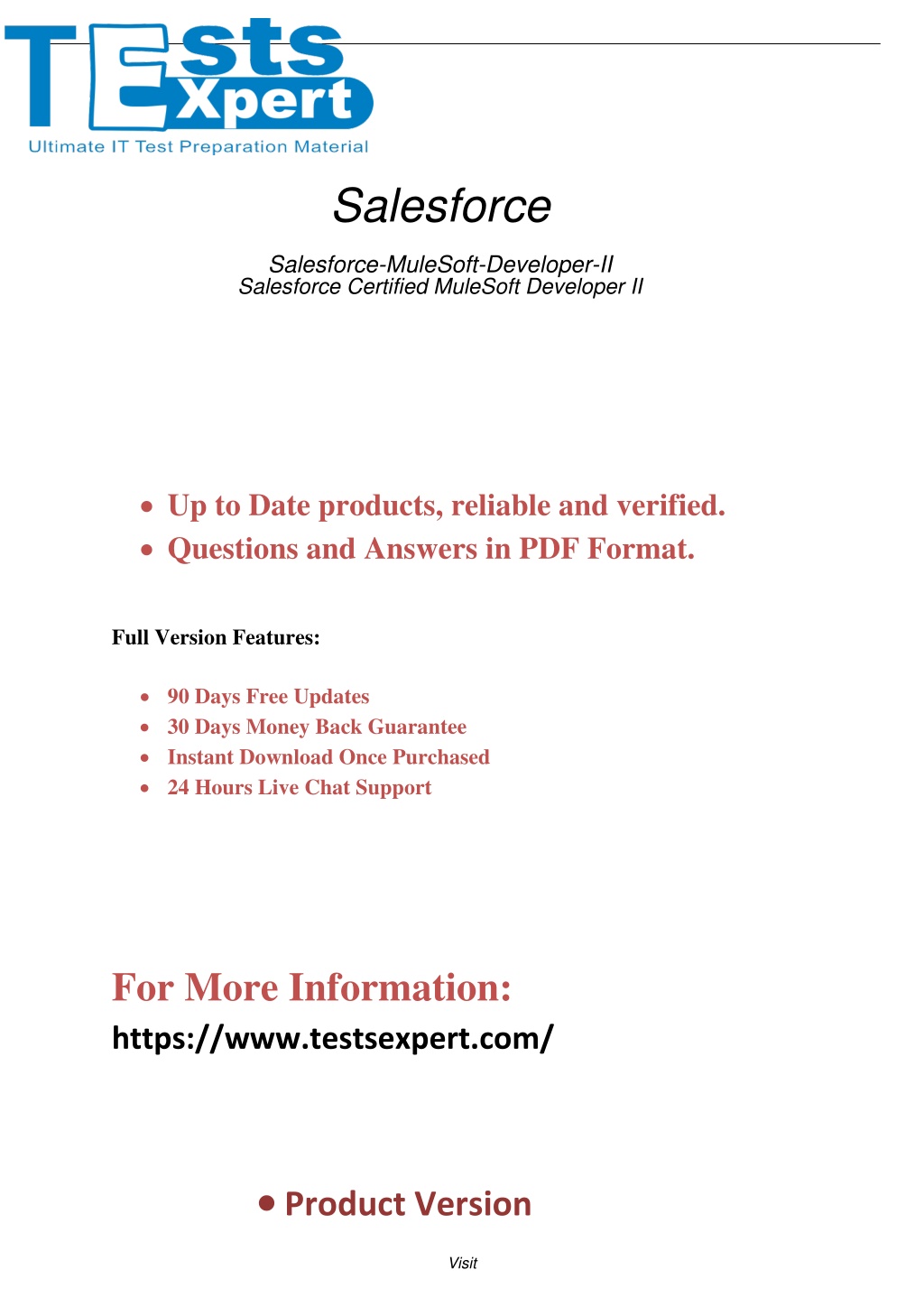
Master the Salesforce MuleSoft Developer II Exam for Success
Prepare for the Salesforce Certified MuleSoft Developer II Exam with top-notch resources. Access comprehensive study materials, practice tests, and expert tips to excel. Become a certified Salesforce MuleSoft Developer II and boost your career. Start your journey to mastering integration solutions and enhancing your skills with the best preparation tools available.\nUSE 16 USD Discount Coupon Code: 9M2GK4NW\n\/\/ \/salesforce-mulesoft-developer-ii\/
- Salesforce mulesoft developer ii exam questions
- mulesoft certified developer - level 1
- MuleSoft certification
- Salesforce certification
- MuleSoft certification exam
- MuleSoft Certified Integration Associate exam
- Salesforce Platform Developer 1
- Salesforce Developer certification
Download Presentation
Please find below an Image/Link to download the presentation.
The content on the website is provided AS IS for your information and personal use only. It may not be sold, licensed, or shared on other websites without obtaining consent from the author. Download presentation by click this link. If you encounter any issues during the download, it is possible that the publisher has removed the file from their server.
Presentation Transcript
Salesforce Salesforce-MuleSoft-Developer-II Salesforce Certified MuleSoft Developer II Up to Date products, reliable and verified. Questions and Answers in PDF Format. Full Version Features: 90 Days Free Updates 30 Days Money Back Guarantee Instant Download Once Purchased 24 Hours Live Chat Support For More Information: https://www.testsexpert.com/ Product Version Visit
Latest Version: 6.0 Question: 1 The flow is invoicing a target API. The API s protocol is HTTPS. The TLS configuration in the HTTP Request Configuration global element is set to None. A web client submits a request to http:localhost:8081/vehicles. Visit
If the certificate of the target API is signed by a certificate authority (CA), what is true about the HTTP Request operation when the flow executes? A. The HTTP Request operation will succeed if the CA S certificate is present in the JRE s default keystore B. The HTTP Request operation will succeed if the CA s certificate is present in the JRE s default truststore. C. The HTTP Request operation will always succeed regardless of the CA D. The HTTP Request operation will always fail regardless of the CA Answer: B Explanation: The HTTP Request operation will use the default truststore of the JRE to validate the certificate of the target API. If the CA s certificate is present in the truststore, the operation will succeed. Otherwise, it will fail with a handshake exception. Reference: https://docs.mulesoft.com/mule- runtime/4.3/tlsconfiguration# tls-default Question: 2 When a client and server are exchanging messages during the mTLS handshake, what is being agreed on during the cipher suite exchange? A. A protocol B. The TLS version C. An encryption algorithm D. The Public key format Answer: C Explanation: A cipher suite is a set of cryptographic algorithms that are used to secure the communication between a client and a server. A cipher suite consists of four components: a key exchange algorithm, an authentication algorithm, an encryption algorithm, and a message authentication code (MAC) algorithm. During the cipher suite exchange, the client and the server agree on which encryption algorithm to use for encrypting and decrypting the data. Reference: https://docs.mulesoft.com/mule- runtime/4.3/tlsconfiguration# cipher-suites Question: 3 A custom policy needs to be developed to intercept all cutbound HTTP requests made by Mule applications. Which XML element must be used to intercept outbound HTTP requests? Visit
A. It is not possible to intercept outgoing HTTP requests, only inbound requests B. http-policy:source C. htt-policy:operation D. http-policy:processor Answer: B Explanation: The http-policy:processor element is used to intercept outbound HTTP requests made by Mule applications. It allows customizing the request before it is sent to the target API and modifying the response after it is received from the target API. Reference: https://docs.mulesoft.com/apimanager/ 2.x/policy-mule4-custom-policy#policy-xml-file Question: 4 An API has been built to enable scheduling email provider. The front-end system does very little data entry validation, and problems have started to appear in the email that go to patients. A validatecustomer flow is added validate the data. What is he expected behavior of the validate-customer flow? A. If only the email address Is invalid a VALIDATION.INVALID_EMAIL error is raised B. If the email address is invalid, processing continues to see if the appointment data and customer name are also invalid C. If the appointment date and customer name are invalid, a SCHEDULE:INVALID_APPOINTMENT_DATE error is raised D. If all of the values are invalid the last validation error is raised:SCHEDULE:INVALID_CUSTOMER_NAME Answer: A Explanation: The validate-customer flow uses an until-successful scope to validate each field of the customer data. The until-successful scope executes its processors until they succeed or exhausts the maximum number of retries. If any processor fails, it raises an error and stops executing the remaining processors. Therefore, if only the email address is invalid, a VALIDATION.INVALID_EMAIL error is raised and the Visit
validation of appointment date and customer name is skipped. Reference: https://docs.mulesoft.com/mule-runtime/4.3/until-successful-scope Question: 5 When implementing a synchronous API where the event source is an HTTP Listener, a developer needs to return the same correlation ID back to the caller in the HTTP response header. How can this be achieved? A. Enable the auto-generate CorrelationID option when scaffolding the flow B. Enable the CorrelationID checkbox in the HTTP Listener configuration C. Configure a custom correlation policy D. NO action is needed as the correlation ID is returned to the caller in the response header by default Answer: D Explanation: When implementing a synchronous API where the event source is an HTTP Listener, Mule automatically propagates some message attributes between flows via outbound and inbound properties. One of these attributes is correlation ID, which is returned to the caller in the response header by default as MULE_CORRELATION_ID. Reference: https://docs.mulesoft.com/mule-runtime/4.3/about- mulemessage# message-attributes Visit
For More Information Visit link below: https://www.testsexpert.com/ 16$ Discount Coupon: 9M2GK4NW Features: Money Back Guarantee .. .... 100% Course Coverage 90 Days Free Updates Instant Email Delivery after Order Visit Powered by TCPDF (www.tcpdf.org)

